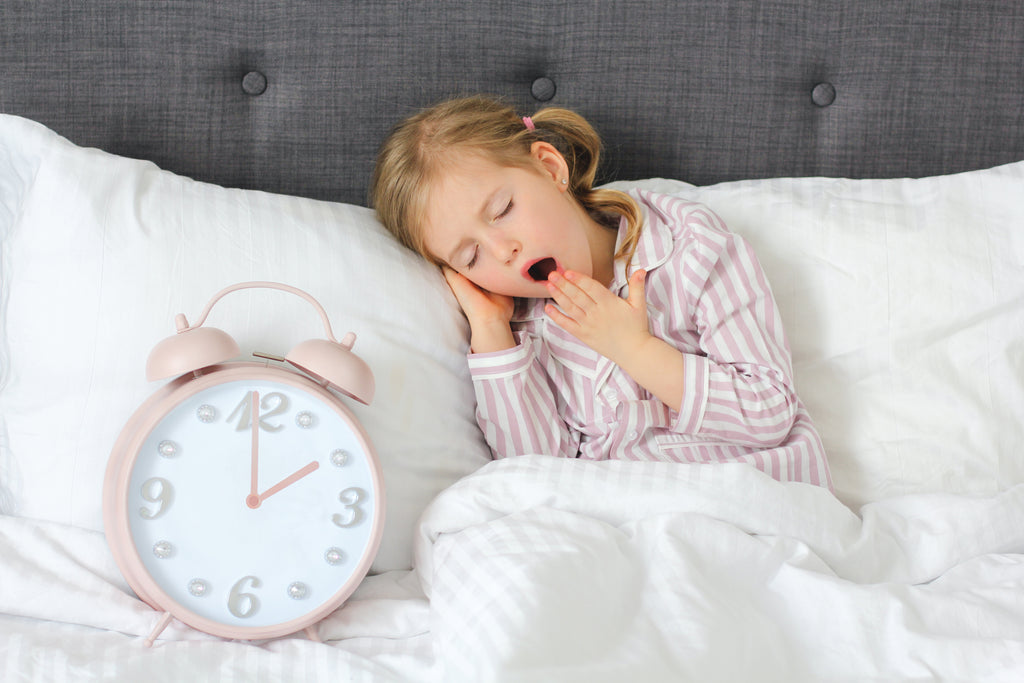“Exposure to bright light in the morning, which happens when we are not on daylight saving time, is more ideal for our systems, as it synchronizes our body clocks to the day, and to the social requirements we have in the world, things like starting work and school in the morning.”
Changing our clocks in either direction changes the principle time cue (which is light) for setting and resetting our 24 hour natural cycle, or circadian rhythm. Therefore, our internal clocks become out of sync.





